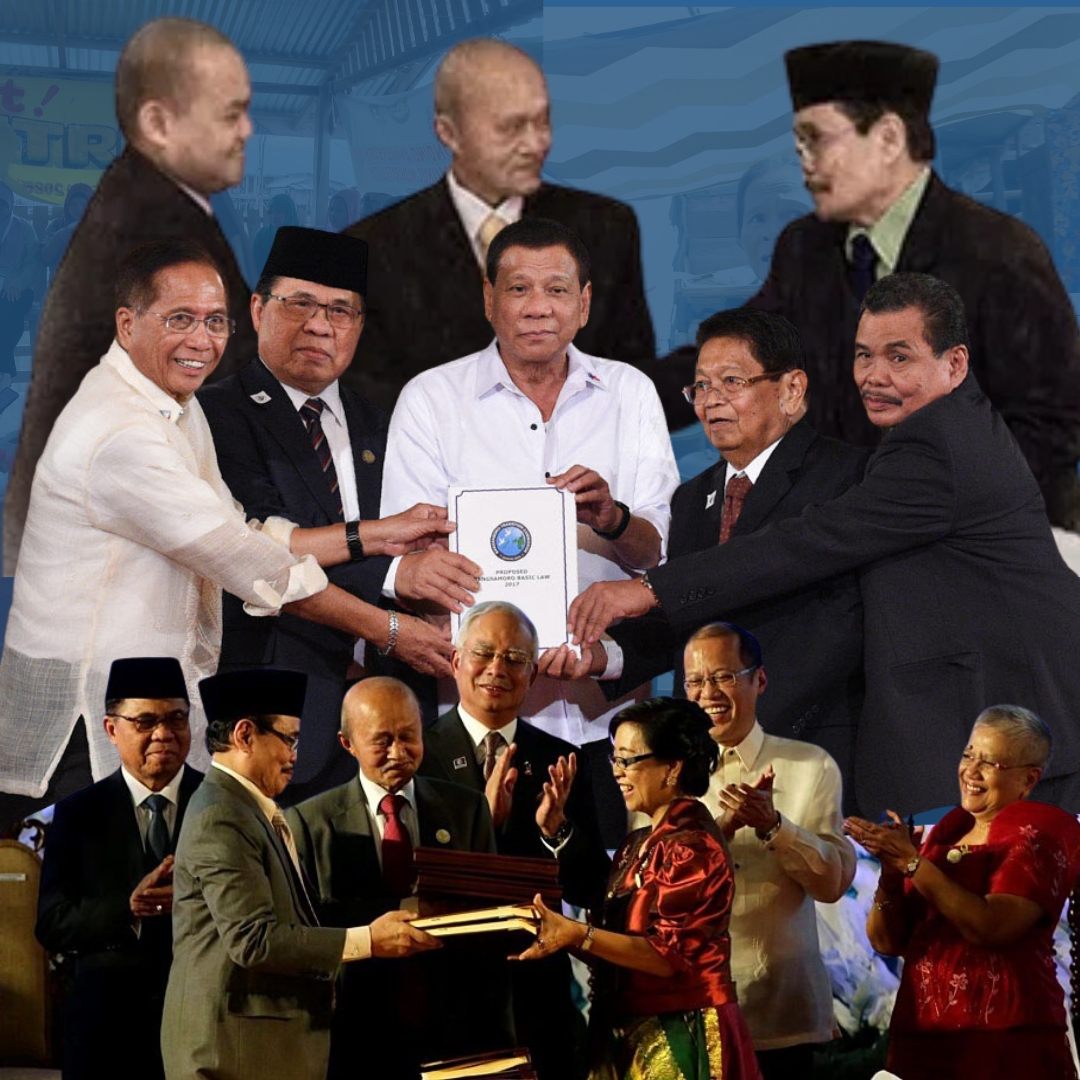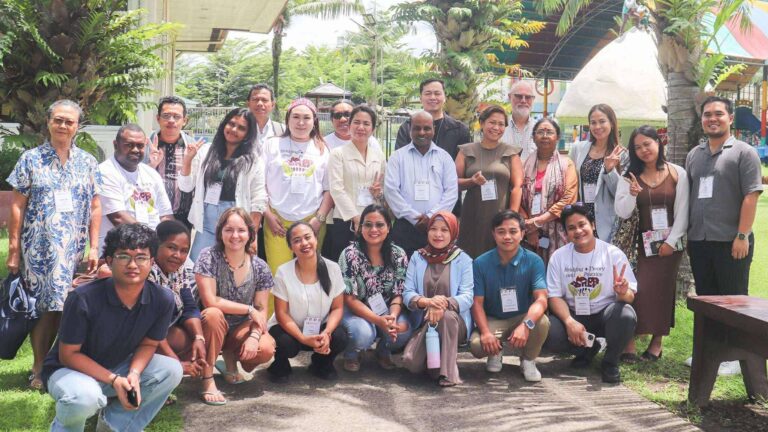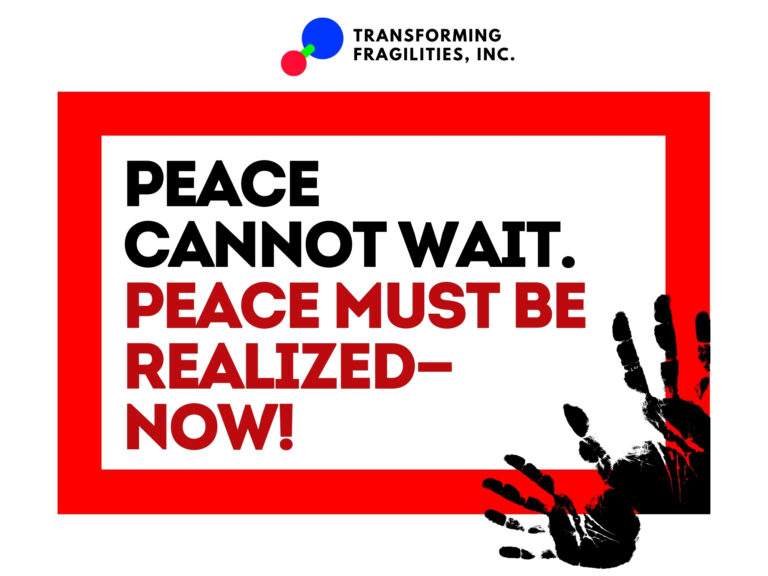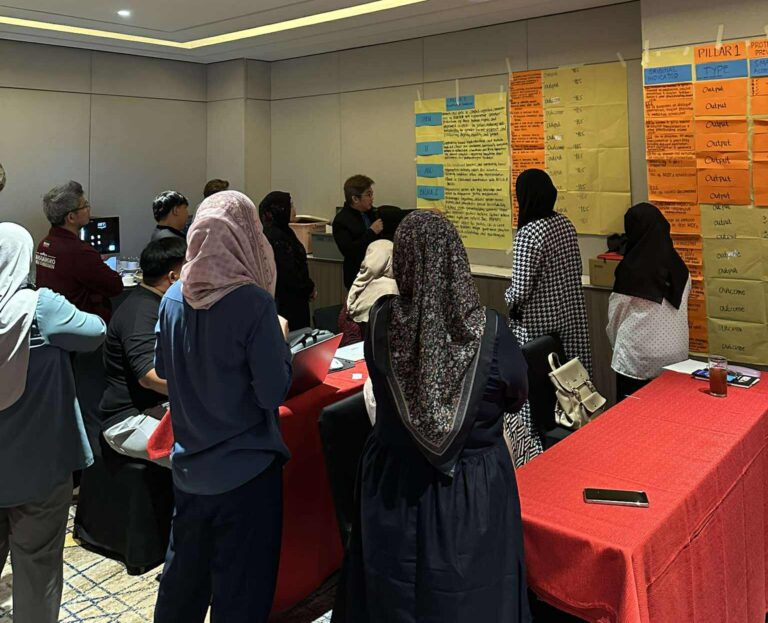By: Ahmed Harris Pangcoga
EDITORIAL | In the unfolding narrative of the Bangsamoro Autonomous Region in Muslim Mindanao (BARMM) this year, a dangerous paradox has emerged. Official government announcements herald a new era of lasting peace, yet its very own counterpart in the peace agreement, the Moro Islamic Liberation Front (MILF), warns of an impending collapse. This profound disconnect is not a simple disagreement; it is the stark evidence of a strategic “commodification of peace”—the transformation of a fragile, trust-based process into a marketable political product.
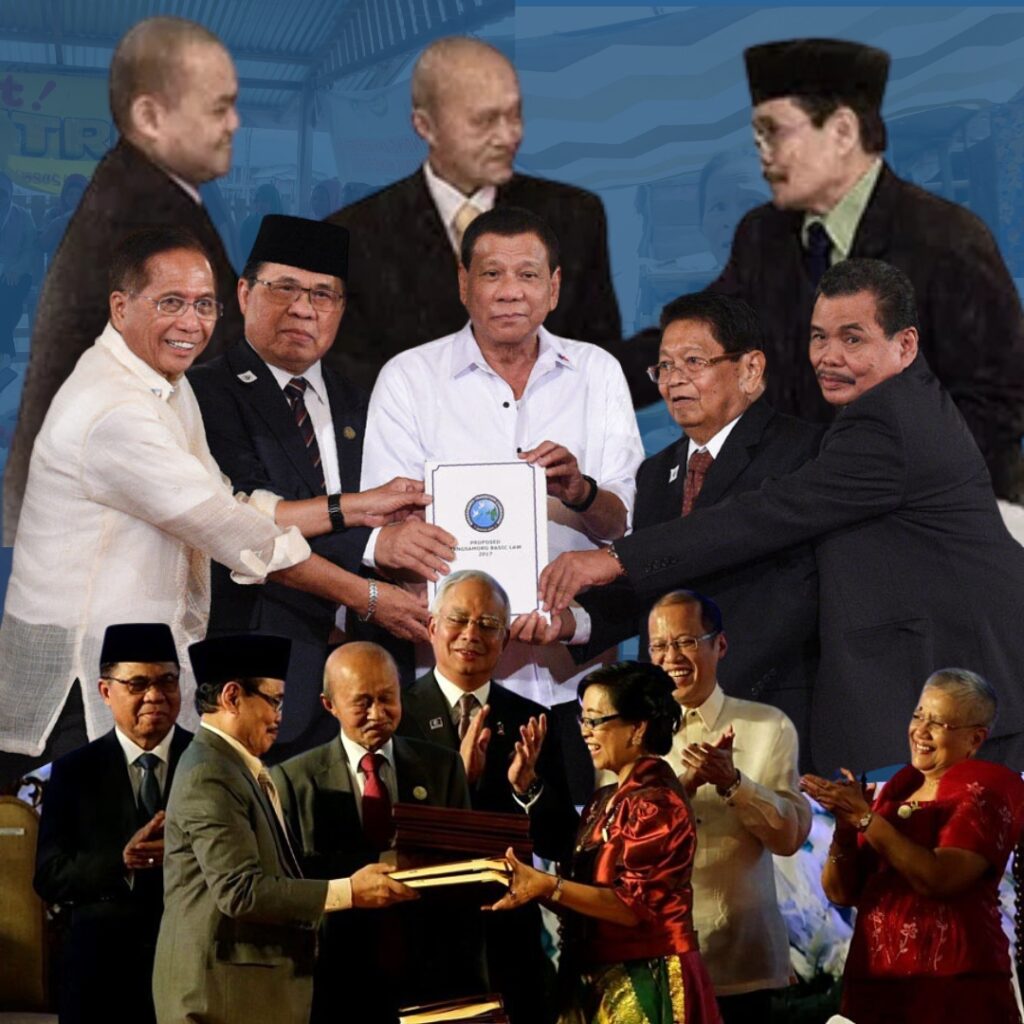
The irony at the heart of this crisis is profound: the Government of the Philippines (GPH) and the MILF were not adversaries in the creation of the peace framework, but co-architects of the Comprehensive Agreement on the Bangsamoro (CAB). The CAB was meticulously crafted on principles of mutual trust, shared ownership, and a holistic approach to peace-building. This current GPH approach, however, presents a shiny, polished image to the world. Peace is no longer a shared project but a quantifiable victory, marked by a list of deliverables. The message is clear: the government has fulfilled its transactional obligations. This perspective, however, dangerously overlooks the core principle of the CAB, which is about building enduring trust and addressing the systemic roots of conflict.
The MILF’s counter-narrative, raw and unpolished, speaks to a fundamental betrayal. Their decision to halt the decommissioning of their remaining 14,000 combatants is not an act of defiance but a guttural cry of vulnerability. To frame peace as a simple transaction—pay for arms—is to misunderstand the deep-seated fears of former combatants. As the MILF points out, the promised transition to a “productive civilian life” has failed to materialize. The government’s focus on tangible, but ultimately superficial, deliverables has exposed a critical divergence from a proper peace negotiation, which demands a deep commitment to the qualitative and human aspects of normalization. Their guns are not a threat to the process; they are a tragic reflection of a “survival instinct” in a system that has, in their view, been rigged.
This erosion of trust is further exacerbated by what the MILF calls a “regime change”—the unilateral appointments to the Bangsamoro Transition Authority (BTA) that subverted the spirit of autonomy. This action directly violates the principle of shared ownership that underpins the CAB. When a co-architect of the peace agreement is perceived to be meddling in the internal political affairs of its partner, it sends a chilling message that the ballot box is less important than the power of the gun. The tragic consequence of this strategic dissonance is already being felt on the ground. Reliefweb reported an alarming spike in election-related violence, with the Bangsamoro region accounting for a staggering 38% of such incidents nationwide. This is the ultimate perversion of the peace process: a return to armed leverage in the very political arena designed to replace it.
The 2025 parliamentary elections are a critical flashpoint, a de facto referendum on whether peace is a genuine reality or a fleeting illusion. The danger is clear: if the gun remains a viable form of leverage, the fragile peace that has been so painstakingly built will not only unravel but may be permanently replaced by the very conflict it sought to end. The path forward lies not in the performance of peace, but in a return to its foundational principles. The GPH must shift from political intervention to genuine partnership, the BARMM government must address its internal challenges, and the MILF must continue to use the political track to hold all parties accountable. Peace is not a commodity to be bought and sold, but a living, breathing commitment that must be earned every single day.
Disclaimer: The views and opinions expressed in this article are those of the individual author and do not necessarily reflect the official policy or position of Transforming Fragilities, Inc.

